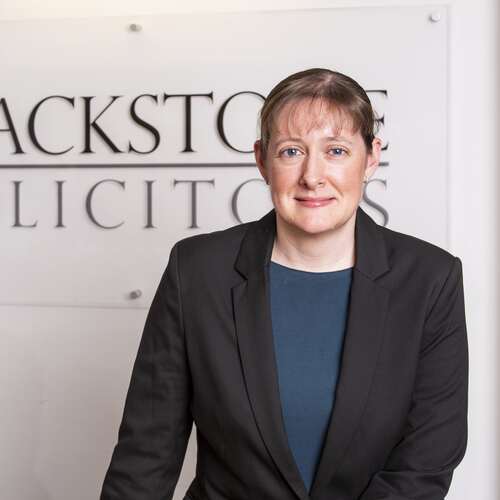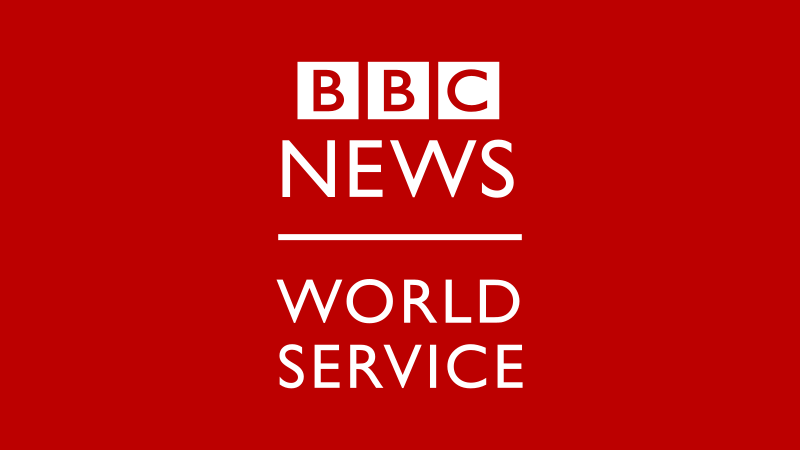Alternative Dispute Resolution
Alternative dispute resolution, which is often shortened to ADR, is the umbrella term given to the various methods used to settle disputes that do not require court proceedings. Many businesses and individuals are eager to solve their disputes in a quick, cost-effective and confidential way, and ADR brings the opportunity to do so.
There are, however, both advantages and disadvantages to all ADR, and we are happy to discuss these on a case-by-case basis.
ADR comes in many forms, and among the more commonly used methods are:
- Mediation
- Negotiation
- Neutral evaluation
- Use of ombudsmen and other regulatory bodies
- Arbitration
- Adjudication
![]()
“I had both conveyancing and litigation work carried out by Sara and Niall, the service all round was excellent. Would highly recommend!”
– Rajiv Joshi 
How we can assist
We are here to help you resolve your disputes in the quickest and most effective way possible. Our expert team helps individuals and companies of all sizes to get the outcome they want through ADR. Highly experienced in this area of law, our team will guide you through the entire process, providing the assistance you need to achieve the outcome most beneficial for you.
Speak to the team today by simply giving us a call on 0345 901 0445or by filling in our online enquiry form.
Mediation
One of the most time and cost-effective ways of solving a dispute, mediation involves working to reach a mutual agreement so that going to court – and all the added expenses and hassle this involves – can be avoided.
Many individuals and businesses opt to go down the mediation route because of the financial benefits it brings, while another driving factor is the fact that mediation is not binding, so you can dismiss the agreement if you are not satisfied with what has been reached, and the court will not know of your decision.
Negotiation
Often representing the first step taken, negotiation involves approaching the person or organisation with whom you have the dispute to see if they want to take part. After which, you then deal with them directly. It is one of the most effective ways of solving a dispute, and can be introduced at any stage of the process. It is also a very useful way to ensure you preserve a good business relationship with the other person or organisation.
Neutral Evaluation / Early Neutral Evaluation
This is the process of providing parties with a preliminary assessment of any relevant facts and evidence, and serves to lay the foundations for further negotiations. It involves a third party, known as a Neutral, providing a reasoned opinion on the evidence brought before them.
Use of ombudsmen and other regulatory bodies
Matters can be referred to an ombudsman following the completion of an internal complaints procedure, and the ombudsman will make a ruling or recommendation based on the evidence presented to them. This ruling is not legally binding and the matter can still be taken to court if needs be, but the court will take the ruling into account when making its final decision.
Arbitration
Commonly used in disputes relating to insurance and construction, arbitration is a more formal method, which is governed by statute and sees the arbiter taking all evidence on board before making an enforceable award.
Adjudication
This is often used in connection to specific matters within a dispute before those involved either reach a settlement or enter into litigation or arbitration. It can often prove a quick and cheap way to solve a dispute.
Get in touch
To find out more about how the expert team at Blackstone Solicitors can help you with ADR, simply call us on 0345 901 0445, or fill in the online enquiry form and we will get back to you. We are based in Cheshire and have a second office in London, and can offer our services throughout Manchester, Chester and the rest of the UK.














